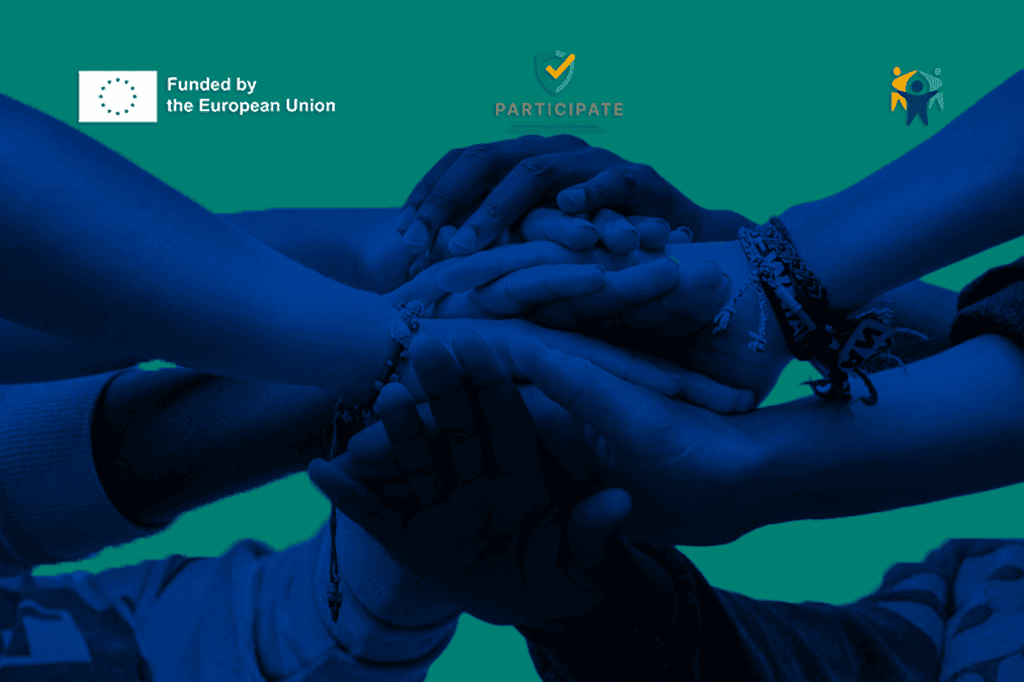
In this article
Day 1
June 11-13. The World Anti-Bullying Forum was held in Stavanger, Norway, organised by Participate member, Prof. Hildegunn Faldrem and her team from The Norwegian Centre for Learning Environment. In the opening, the life and work of Prof. Peter Smith were honoured, many participants remembering him as a key figure of bullying research.
Throughout the three days of the conference, the Profs and doctoral candidates of the project made significant contributions to this prestigious event.
On the first day, Prof. Christina Salmivalli from the University of Turku served as the discussant of the symposium on “Predictors and Outcomes of Defending, Being Defended, and Friendships: A Focus on Victimisation,” where a paper, “Defending Behaviour and Victimisation: Between- and Within-Person Associations,” which she co-authored, was also presented.
In the afternoon, doctoral candidates Giorgia Scuderi (Aarhus University), Isabel Machado da Silva (Dublin City University), Kainaat Maqbool (National and Kapodistrian University of Athens) held their workshop “Using Art to Engage Youth in (Cyber)Bullying Research: An Interactive, Creative Methodology Workshop” where the participants first heard about using different forms of art as qualitative research methods, then discussed other examples, the benefits and the challenges of using such methods.
Day 2
On the second day, Prof. Dagmar Strohmeier from the University of Applied Sciences Upper Austria held her keynote speech on Teacher Bullying. Highlighting this under-researched and uncomfortable topic, she encouraged the participants to have the courage to explore it further and allow discussions to start.
Following this powerful keynote, chaired by Prof. Serap Keles from the University of Stavanger, Participate doctoral candidates held a symposium titled Systematic approaches to understanding cyberbullying from different angles: contexts, consequences, and moderators. The presentations:
- Exploring Children’s Rights in the Digital Age with the Context of Parental Mediation Styles: A Scoping Review (Meghmala Mukherjee, Dublin City University)
- Cyberbullying related to ethnicity or Indigeneity among children and adolescents: a systematic scoping review Luisa Morello , Norwegian Centre for Learning Environment and Behavioural Research in Education)
- The connection between children becoming peer bullying perpetrators and experiencing or witnessing violence/bullying by adults: a scoping review (Luca Laszlo, Parents International),
- Meta-regression analysis to investigate atypical moderators: The role of school and family factors in moderating cyberbullying victimisation outcomes (Ebru Ozbek, (Norwegian Centre for Learning Environment and Behavioural Research in Education)
were followed by questions.
Day 3
On the last day, chaired by Prof. Audrey Bryan from Dublin City University, six doctoral candidates presented their work at the symposium titled “The Complex Contextualisation of (Cyber)bullying: Insights from Different Theoretical and Methodological Approaches.”
The presentations Within-country inconsistencies of (cyber)bullying prevalence in cross-national datasets: What role do different bullying definitions play? (Shan Hu, University of Stavanger), Interconnected Spaces: How Socio-Economic Contexts Shape Young People’s Understanding of (Cyber)Bullying Across Physical and Digital Worlds (Isabel Machado Da Silva, Dublin City University), Parents’ Childhood Bullying Experience and the Advice They Give Their Children (Anastasiia Petrova, University of Turku), Parents´ situated experiences with gendered discourses in relation to their children’s involvement in online bullying (Deniz Celikoglu, Dublin City University and Giorgia Scuderi, Aarhus University), Black Culture and Afrophobia: (De)Construction of Bullying in Communities of Practice
(Kainaat Maqbool, National and Kapodistrian University of Athens) were followed by questions.
The conference brought together many researchers, professionals, and policymakers, all committed to understanding why, how, and when bullying happens, how it affects its participants and the community, and how we can prevent it, stop it, or deal with the damage it has done. The enthusiasm of the participants, the fresh ideas and the new research results will inspire many of us to continue our work with even more effort to achieve long-lasting change and contribute to a happier world with less bullying and more resilience, both for our children and for ourselves.
More from Parents International
Empowering Parents: Understanding the Strong Impact of Adult Behaviour on Cyberbullying
Parents – inspiring protagonists of cyberbullying prevention
Digital Citizenship Education: A Bold Step Toward a Smarter Future